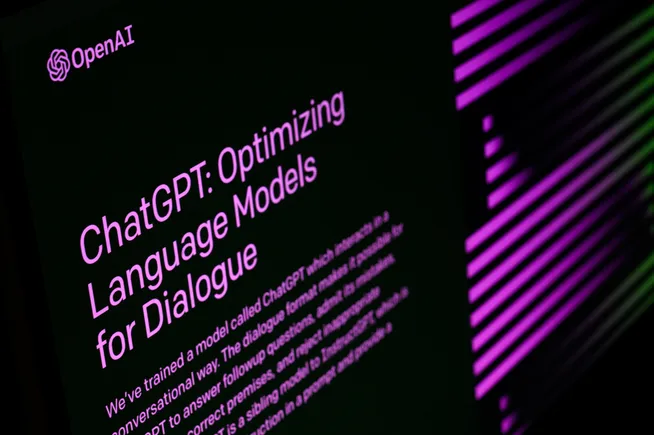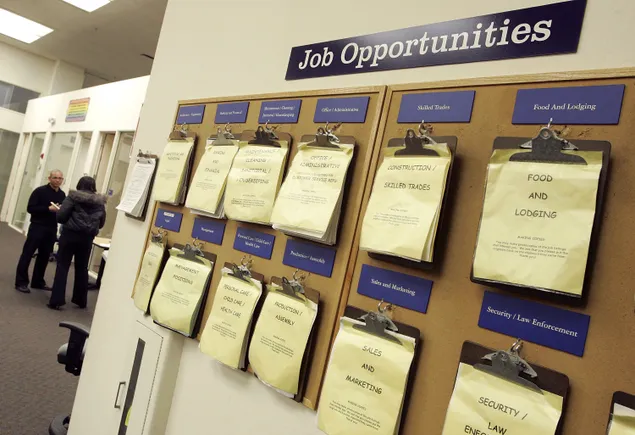Generation Z employees are increasingly using artificial intelligence tools for emotional intelligence concerns in the workplace, such as understanding a manager’s tone in an email and drafting an appropriate reply, according to a June report from Resume.org.
In a survey, 76% of Gen Z workers said they use AI chatbots. Among those, 94% said they’ve used AI to navigate workplace issues. Nearly 3 in 10 said they do so “all the time,” while 40% do it often.
“Gen Z workers often feel more validated and confident after consulting AI because these tools offer immediate, judgment-free feedback in a format that feels safe and familiar to this generation raised in a digital world,” said Kara Dennison, head of career advising at Resume.org.
In the survey of more than 1,000 full-time U.S. Gen Z workers, nearly half said they change how they communicate with others after using AI; a third respond more assertively than usual, and 26% apologize or take responsibility.
Gen Z workers said they most commonly use AI chatbots to interpret tone, with 75% saying they’ve asked a chatbot to analyze an email, Slack message or other digital communication. They’ve also used AI for emotionally charged, sensitive situations that involve miscommunication or direct conflicts with managers or co-workers.
Although many Gen Z workers say AI chatbots help them process workplace conflicts, it isn’t always positive. Forty-three percent said AI reinforced their biased reaction or beliefs, and 17% said AI has made them less likely to take personal responsibility.
“One of the biggest risks is the elimination of personal responsibility,” Dennison explains. “If an AI tool consistently validates a user’s perspective without challenging it, it can reinforce a fixed mindset, enabling blame-shifting rather than self-reflection.”
Dennison noted the potential upsides of AI use but emphasized that chatbots can’t address the nuances or empathy needed in sensitive situations. For instance, AI can’t interpret body language, understand power imbalances or navigate organizational context, she said, adding that AI users may miss out on professional development or real-world feedback from workplace conflicts.
“Healthy workplace communication depends on empathy, active listening and accountability,” Dennison said. “AI can complement that process, but it cannot replace it.”
More than half of Gen Z workers see AI tools as a co-worker or even a friend, and nearly half said they’d rather ask a chatbot a question than consult their boss, according to another report from Resume.org. Workers said they use AI to complete tasks, make tough decisions, seek advice and find mental health support.
In the midst of AI use and workplace conflicts, HR pros can help create an emotionally healthy culture, according to a report from McLean & Co. Instead of avoiding emotions at work, employers can be “proactive about how emotions and work can coexist to enable workplaces where everyone can thrive,” McLean advised.






Leave a Reply